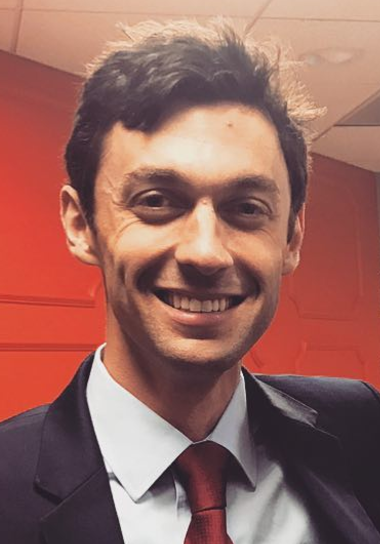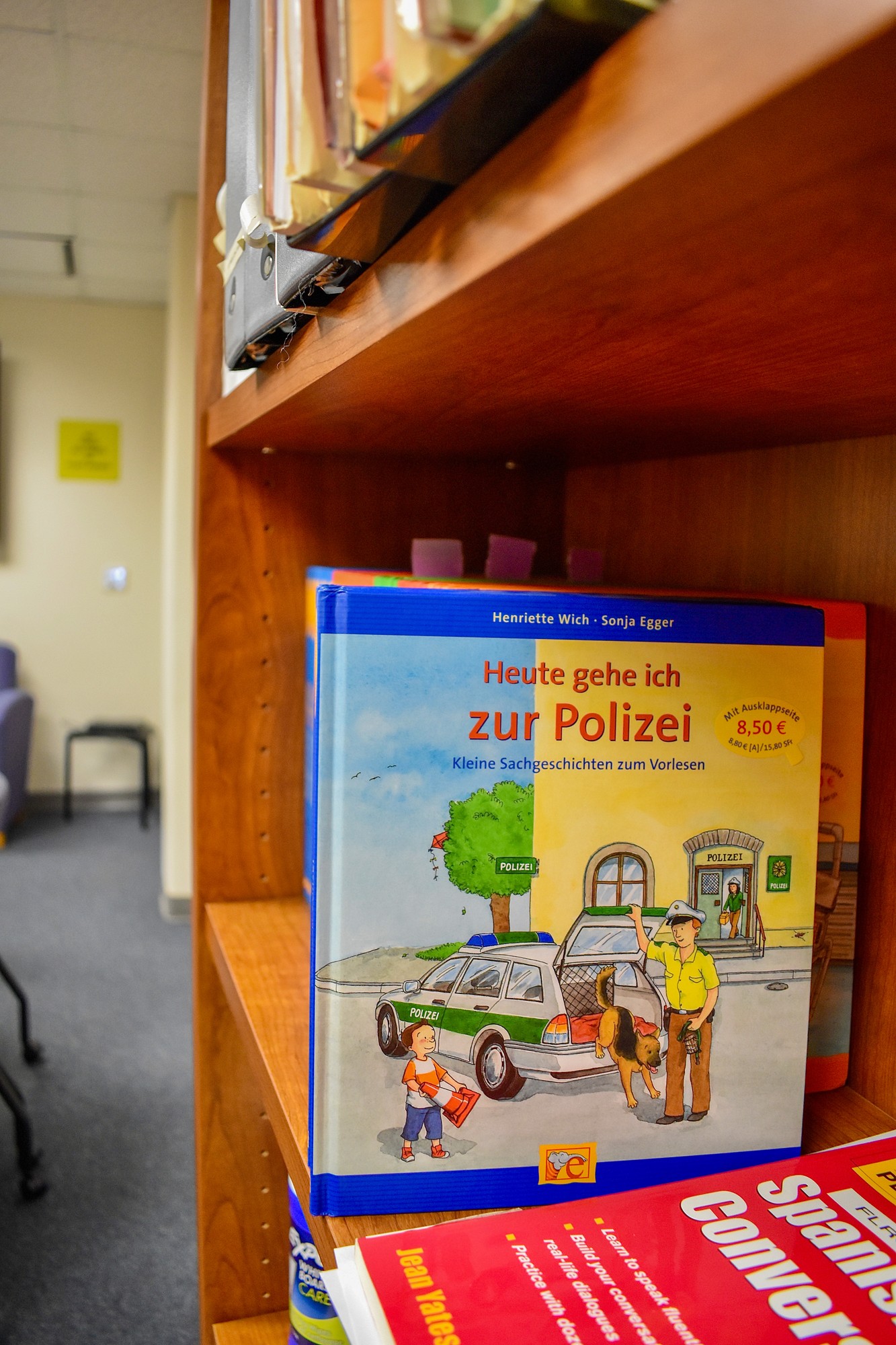Internet “Interview” channels on social media platforms such as TikTok and YouTube have leveraged embarrassing students to garner views and gain traction, which ultimately harms the universities’ image.
In today’s growing digital age, social media platforms act as a powerful tool for communication and entertainment. However, they also have become a significant challenge for educational institutions, particularly when it comes to protecting their reputation as schools that produce the next leaders of tomorrow.
Platforms like TikTok have popularized trends where students are put on the spot with unexpected questions, often leading to embarrassing or humorous outcomes.
TikTok accounts like Akua Dora and similar channels capitalize off the trend by approaching students on college campuses.
Kennesaw State University is one of the recent schools being interviewed across campus, asking students a range of questions that can go from personal to academic. In some cases, these videos have views in the millions, which can devastate student’s mental health and the opinion of KSU.
Daniel Yeganeh, a student who went through the interview process shared their experience with The Sentinel.
“I was pretty familiar with this trend,” Yeganeh said. “TikTok made this prevalent, especially with ‘what song are you listening to?’ and similar questions.”
Yeganeh recalled being approached in the library for a sudden interview. “I don’t like being put on the spot, but I got the question right because it was just factoring… I was in the library.”
The exploitation of students for entertainment purposes should be a concern. These channels cherry-pick moments where students struggle to answer questions. This creates a narrative that misrepresents the academic abilities of students.
The focus shifts from a genuine interaction to creating content that thrives on the embarrassment of students. These people are put in a situation where they are left to fend for themselves in front of a camera and microphone.
In the situation of survival of the fittest against the camera and the lights, students are often left in positions that are strategically made to incite failure and lead to belittlement and embarrassment.
These content creators circulate the videos to discredit college academia as a whole in a strategic move, leading to a deeper rabbit hole that affects us all.
The repercussions of “interview” content extend far beyond momentary embarrassment. During The Sentinel’s interview with Daniel Yeganeh, he expressed discomfort with seeing peers featured on these pages without their consent.“When I saw my peers on these pages, I did not feel very good about it. It made me uncomfortable,” Yeganeh said. “Especially because it was someone close to me, and the way they were talking about them was gross.”
Comments under these videos often explode this issue to a significant proportion. Comments may be demeaning or, in the case of female interviewees, sexually charged.
Under one video of a woman being interviewed on campus, commenters were extremely inappropriate with how they commented on her academic potential, some even mocking her answers and skin complexion. These comments further perpetuate the toxic culture that objectifies individuals and disregards the impact on their mental well-being.
Another student, Steven James, shared his perspective on these interviews.
“Yes, I felt nervous because I knew I was going to be asked riddles and I get flustered when put on the spot,” James said. “I was only ever posted like, once before, and I was bothered by it at first, but I’ve come to not care about it now.”
James also pointed out the misleading nature of some of the questions posed during the interviews.
“Some of the questions are definitely set up in confusing ways to make people seem not that smart,” he said. “For example, the riddle ‘Spell Enemy using three letters,’ and the answer was ‘Foe’, despite the initial question not asking for a synonym, seems very misleading.”
Students like Yeganeh and James highlight the underlying reason between the content’s intent and its impact on students and our institution. These interviews aim for sensationalism and to pose a false perception of KSU.
Students and KSU officials need to choose whether to let this immature behavior continue unchecked or to demand more responsible and respectful content creation. Channels must reconsider their approach by moving away from exploiting moments of vulnerability for entertainment.
Protecting the reputation of KSU and its students requires a collective effort to promote respectful and meaningful conversation online and outside the digital space.



